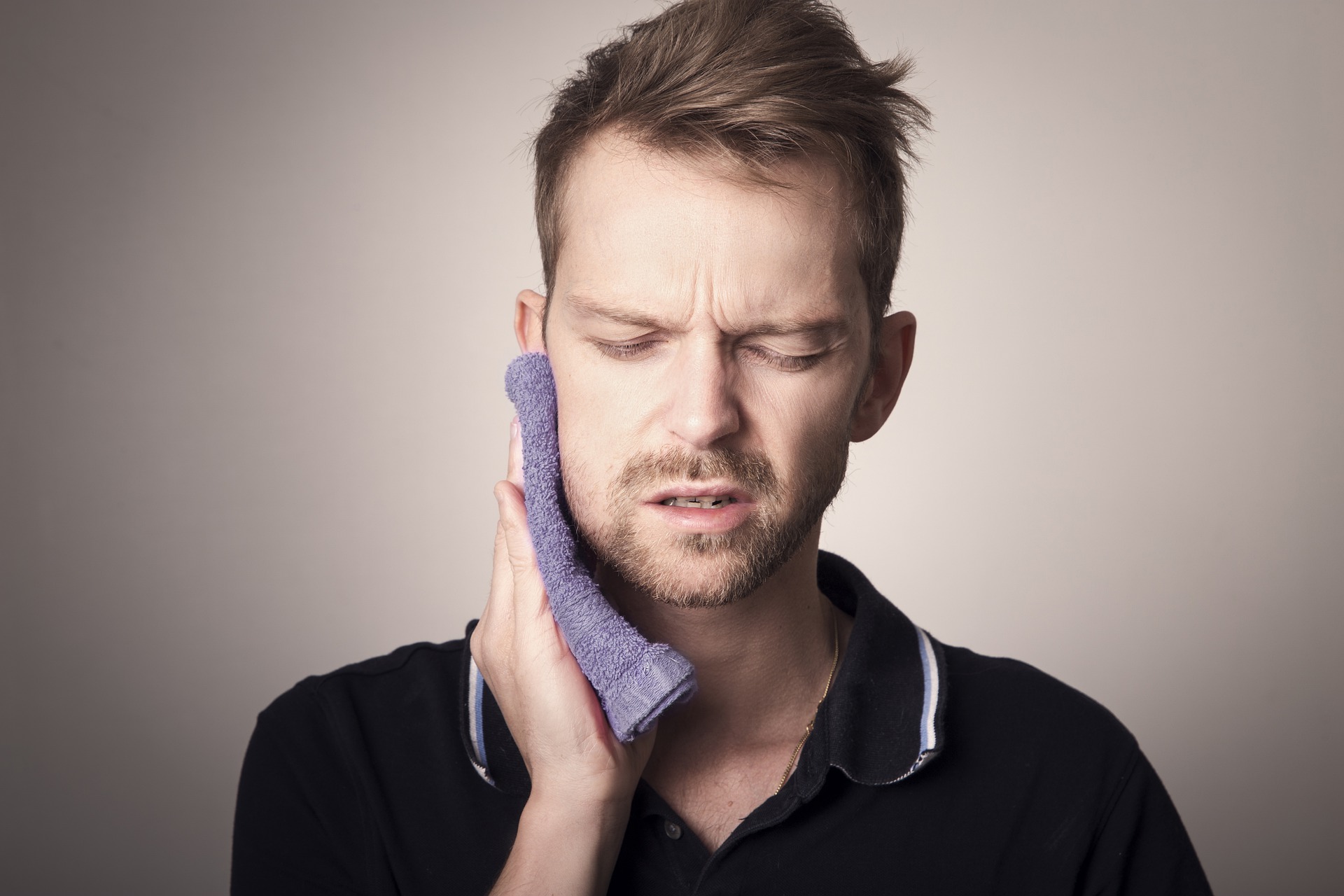People sometimes experience pain or discomfort in one or a few of their teeth after having some hot or cold food or drink – or even toothbrushing. It’s called ‘tooth sensitivity’, and we at your Dentist Epping know it’s not very pleasant, even if it stops when the object is removed.
What causes this? Is it dangerous?
Your teeth may be sensitive after a professional tooth clean, filling, crown or teeth whitening. In these cases, your discomfort should be short-lived and disappear after a few days. If it doesn’t or becomes more painful, please let us check it out again to find out what is going on.
Sensitivity can arise from a few different circumstances, so it’s worth having it checked out by us at your Dentist Epping.
Once we isolate the cause, we will know how to proceed. If the sensitivity is the result of tooth decay or tooth erosion, we can carry out the necessary dental treatment, to stop that in its tracks.
And, we can advise you on how to deal with other causes to lessen or remove them.
But how does that sort of sensitivity happen?
When you look at your teeth, what you see is only the tooth’s very outer layer, a hard protective surface called enamel. It covers the outer visible part of the tooth and extends a little below your gum-line. The enamel is hard, so it can last you for a lifetime of wear and tear and protect your tooth’s inner more sensitive layers.
The level below that, the dentine, connects with the tooth’s innermost layer, the pulp, which contains the tooth’s nerves. The nerves are not confined to the pulp, however, and branch out into the dentine via tiny tubes.
Sometimes, the dentine loses its protective enamel covering – if the enamel is worn away or if the gum-line recedes. In either case, the dentine’s nerves can then be stimulated, which you experience as ‘sensitivity’.
If that’s the case, we may discuss what you eat and drink and your dental hygiene. Regular soft drink, for instance, is known to be a problem.
We could perhaps apply a fluid gel to the exposed dentine to help protect it. You could also use a special toothpaste designed for sensitive teeth to soothe the nerves and place a barrier over the sensitive area.
In the long term, the usual oral hygiene we always recommend at your Dentist Epping is the best thing to prevent tooth sensitivity.
=> Brush your teeth twice daily with fluoride toothpaste and floss between them once daily. Be gentle with your toothbrush – do not press too hard!
=> Drink plain tap water for hydration – not sugary or acidic drinks.
=> If you drink something sweet or acidic, wait at least an hour, so your tooth enamel is strong again before you brush your teeth.
To find out more, please click the link for an appointment with us:

